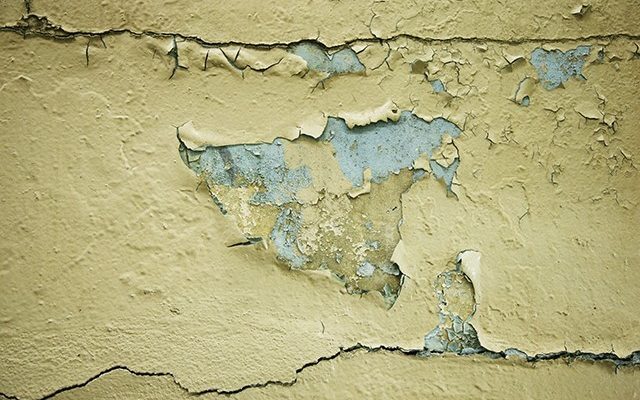
A study by Lead Exposure Elimination Project (LEEP) in collaboration with the Malawi Bureau of Standards (MBS) has found high levels of lead in five paint brands.
However, MBS and LEEP says progress has been made in efforts to end lead poisoning from paint in Malawi as the percentage that contains dangerously high levels of lead has reduced from 53% in 2021 to 33% in 2023.
The 2023 study followed another one conducted in 2021 which also found high levels of lead in Malawi’s paint.
In September 2023, LEEP and MBS purchased 20 cans of home-use solvent-based paint from paint shops and hardware stores in Blantyre. Where available, three colours from each brand were included, matching the brands and colours sampled in previous studies and including any newly available brands.
Dried samples of the paints were prepared and shipped to the Wisconsin Occupational Health Laboratory (WOHL). WOHL analysed the samples for total lead content by using the National Institute for Occupational Safety and Health 7303 method. The total lead content was reported in parts per million (ppm) dry weight.
Following the study, five brands were found with high levels of lead.
“Paints labelled as Crown (manufactured by Valmore Paints Ltd), Monolux (manufactured by Monolux Paints Ltd), Medal (manufactured by Rainbow Paints Ltd), Coral (manufactured by Insignia Africa Ltd), and Tropical (manufactured by OG Paints Ltd) were found to have high levels of lead in some paints,” says LEEP in a statement.
The Malawi Bureau of Standards has called on the lead paint manufacturers to urgently remove lead from their products.
A spokesperson for Monolux Paints said: “At Monolux, we’re taking a significant step towards a healthier and safer environment. We’re currently in the process of transitioning to lead-free formulations in our paints, and we anticipate introducing these eco-friendly alternatives by early-2024.”
A spokesperson for Valmore Paints said: “Valmore Paints is committed to protecting the health of children, and is in the process of reformulating our paint to remove lead ingredients. We expect our lead-free paint to be on the market by mid-2024.”
During the study, high levels of lead were not found in the three paints sampled labelled as Rainbow or the three paints sampled labelled as Plascon.
A spokesperson for Rainbow Paints said: “As a leading brand in Malawi, with around 45% of market share, Rainbow Paints is delighted to have switched to lead-free. Eradicating lead from paint is technically and commercially feasible, and our customers appreciate our commitment to health and the environment.”
LEEP and MBS say comparing the same paints that were sampled from the market in previous studies to the 2023 study, the percentage that contains dangerously high levels of lead has reduced from 53% to 33%.
Lead exposure has severe negative health impacts, particularly on children. It causes permanent damage to their cognitive development, worsening their educational outcomes and future potential. Later in life, lead exposure causes hypertension and heart disease. Lead poisoning from paint and from other sources is estimated to affect 3.4 million children in Malawi, costing the country $878 million (about K900 billion) in lost earnings every year.
After a finding of high levels of lead in Malawi’s paint in the 2021 study, the Malawi Bureau of Standards took swift action by building testing capacity in its new laboratory complex, strengthening auditing processes, and taking steps to update the standards limiting lead in paint. Malawi is now listed in the WHO observatory as one of 94 countries globally, and one of only 10 countries in Africa, with controls on lead in paint.
Dr Bernard Thole, Director General of the Malawi Bureau of Standards, said having strengthened its testing capacity, the Malawi Bureau of Standards is now in a strong position to ensure compliance with mandatory standards prohibiting lead in paint.
“The reduction of lead in paint shown by this study demonstrates that progress is possible. We urge the remaining manufacturers to immediately remove lead-containing raw materials from their paint to comply with mandatory standards and protect the population from harm,” said Thole.
Dr Lucia Coulter, Co-Executive Director of LEEP, said the Malawi Bureau of Standards and paint industry leaders have made meaningful progress on this important issue.
“Their work will protect Malawi’s children, improve educational outcomes and contribute to the UN sustainable development goals. We look forward to continuing to support testing and monitoring efforts and will continue to offer no-cost technical support to any remaining manufacturers who would like assistance in removing lead from their paint.”














